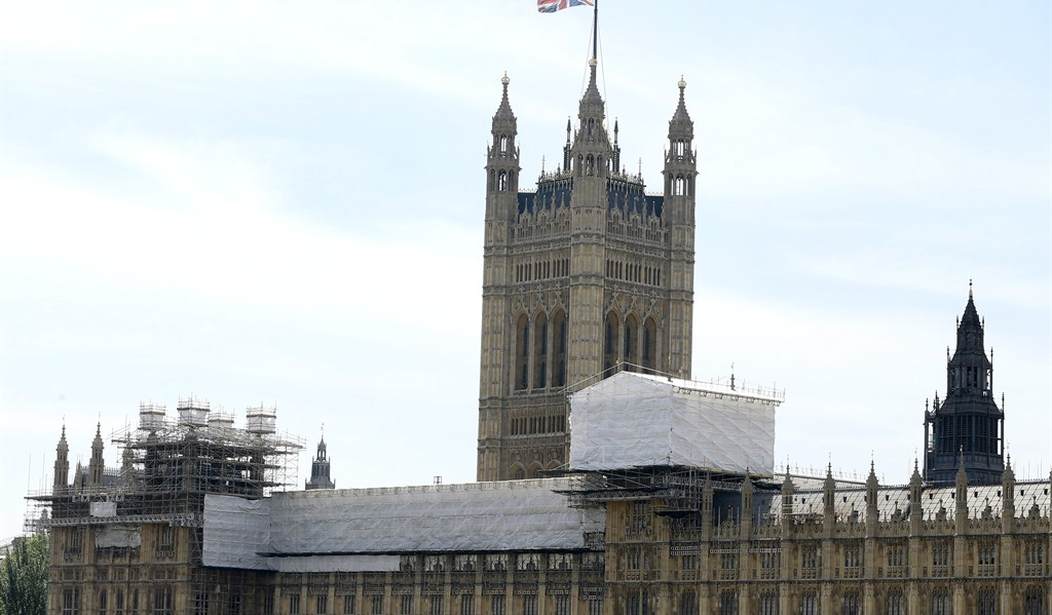WESTMINSTER, United Kingdom — Conservatives have presented their first solo budget since 1996, after winning May's election. The center piece of the budget was a $18bn cut in welfare by 2017-18, coupled with the introduction of a National Living Wage of $11.00 per hour.
Prior to the election the Conservatives had complained they had been unable to implement many of their policies because they were in coalition with the Liberal Democrats. However, after the election the party was able to dump the Liberal Democrats because they had a small outright majority in the House of Commons of 12.
The budget was designed to end government subsidies for employers who under pay staff in the knowledge government will top up their income. This problem first grew up under the last Labour government, which expanded a system of tax credits to give state handouts to those in work but on low pay. The move is widely believed to have depressed wages.
Chancellor of the Exchequer, George Osborne, hoped to soften the blow to business from the creation of the National Living Wage by cutting Corporation Tax to 18 percent. Whilst this cut will make UK Corporation Tax one of the lowest in the world the reduction will be phased in by 2020 and is unlikely to cover the full cost of the mandatory wage rise.
He told the House of Commons his Budget was "a plan for Britain for the next five years to keep moving us from a low wage, high tax, high welfare economy; to the higher wage, lower tax, lower welfare country we intend to create".
Recommended
Osborne also announced plans to raise the inheritance tax threshold to $1.5m for married couples, this will be especially important for middle class families in London who have seen vast increases in the values of their homes in recent years.
All working-age benefits will be frozen for four years, except for maternity pay and disability benefits. Maintenance grants paid to students with family incomes below $65k will be scrapped and converted into loans from 2016/17.
The threshold at which people pay income tax will be immediately raised to around $17k, with a target of over $19k by 2020. Fuel duty was frozen, although the Chancellor has done this a number of times before as a result of campaigns in major National Newspapers.
Osborne also announced plans to raise defense spending to two percent of GDP, bringing the UK into line with its commitment to NATO. For years the government has failed to deliver on this pledge, much to the annoyance of the US government.
The government said the budget would eradicate the public sector deficit by 2018/2019, and leave a $15bn surplus by the following year. Osborne cited the Greek situation as evidence of the need to balance the books.
He said: “You only have to look at the crisis unfolding in Greece as I speak to realize that if a country is not in control of its borrowing, the borrowing takes control of the country.”
Jonathan Isaby, Chief Executive of the TaxPayers' Alliance, said: "This Budget was frustratingly complicated, but overall this was a tentative step in the right direction. The general focus on eradicating the deficit via spending reductions rather than tax hikes is welcome.
“It was as ever a political Budget from a political Chancellor and there were notable groups left immune from austerity - not least well-off pensioners - but it's good news that this Budget will leave more of people's own money in their own pockets."
Before the election Osborne had claimed the situation Britain faced was far more severe than he did today. He had also scrapped a pre-election commitment to eradicate the deficit much earlier in this Parliament.

























Join the conversation as a VIP Member